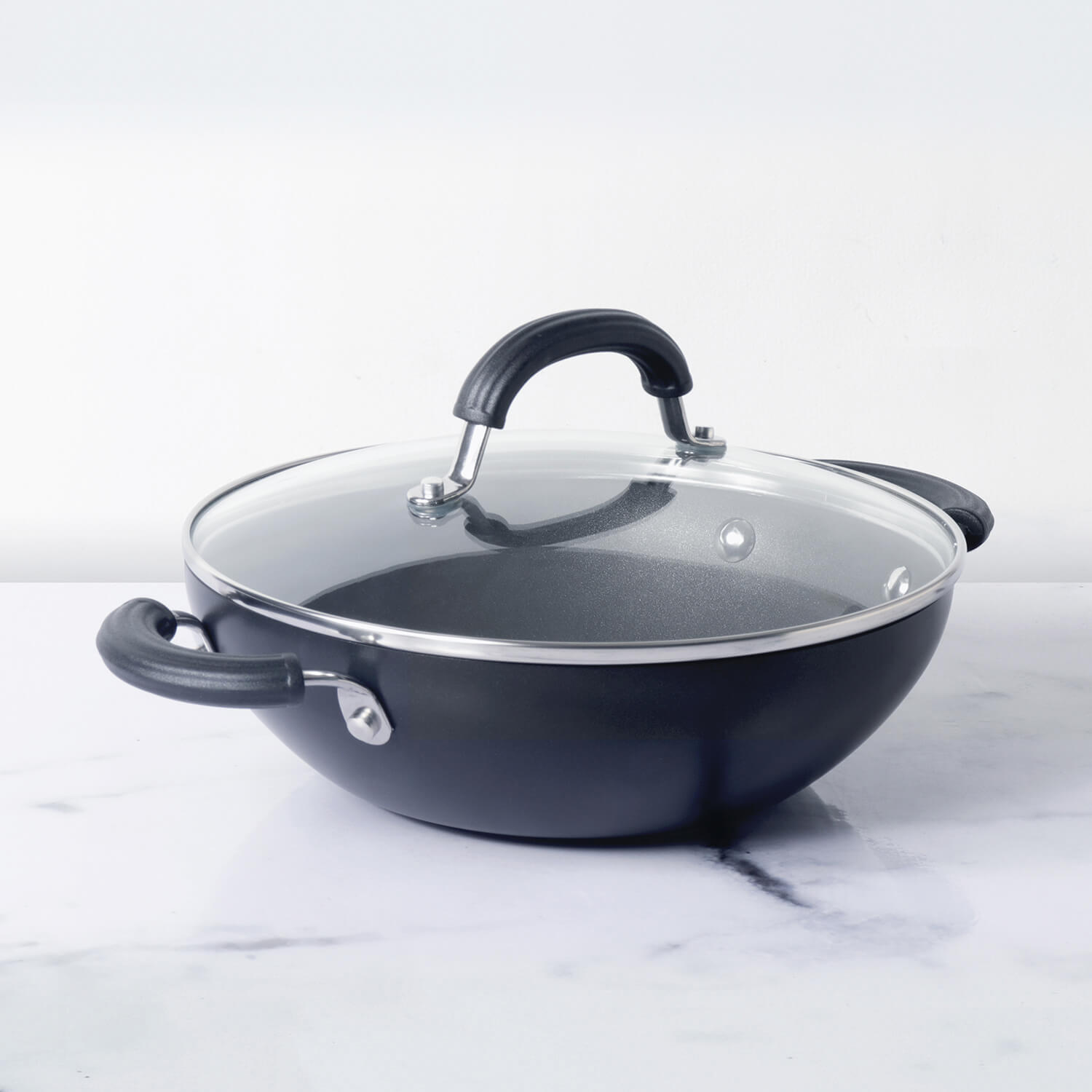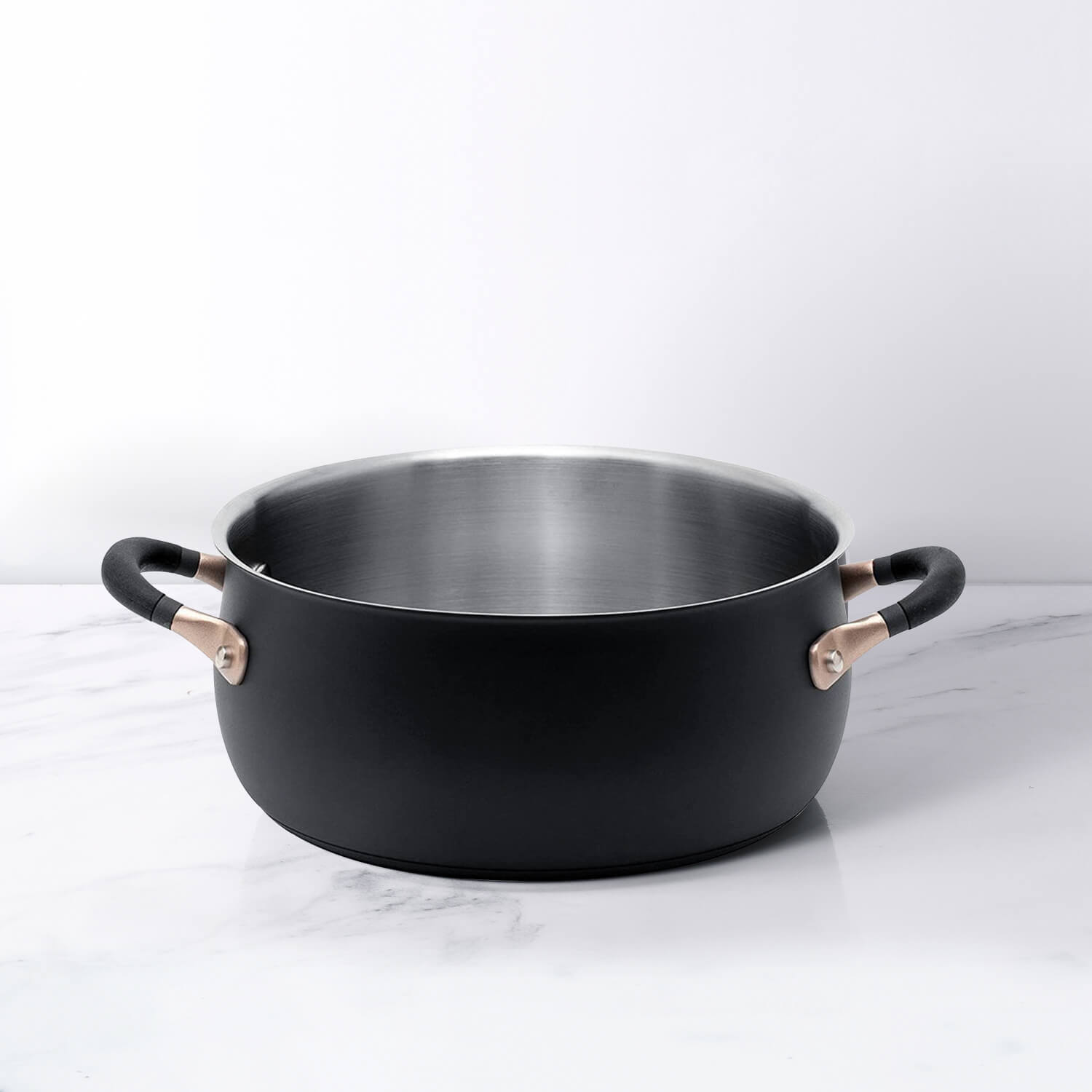When it comes to choosing the right pressure cooker for your kitchen, the decision often boils down to stainless steel and aluminium. Both materials have unique advantages and limitations, influencing factors like durability, cooking efficiency, safety, and maintenance. Understanding these differences will help you make an informed choice based on your cooking needs and preferences.
Stainless Steel Cookers
Durability and Strength
Stainless steel is known for its exceptional durability. It is highly resistant to rust, corrosion, and dents, making it a long-lasting choice for cookware. Unlike aluminum, which can warp over time, stainless steel retains its shape even with frequent use at high temperatures.
Health and Safety
One of the biggest advantages of stainless steel is its non-reactive nature. It does not leach harmful metals into food, making it a safer option, especially for cooking acidic or alkaline dishes. This ensures that the food retains its natural taste and nutritional value.
Heat Conductivity
Stainless steel alone is not a great conductor of heat, which means it takes longer to heat up and distribute heat evenly. However, high-quality triply stainless steel cookers have an aluminum or copper core sandwiched between stainless steel layers, improving heat distribution and cooking efficiency.
Compatibility with Cooktops
Stainless steel cookers are compatible with all types of cooktops, including gas, electric, and induction stoves. This makes them a versatile choice for modern kitchens.
Maintenance and Cleaning
While stainless steel is easy to clean, it can sometimes require extra effort to remove food stains or residues. However, it does not stain or discolor over time, maintaining its shine and appearance for years.
Aluminium Cookers
Lightweight and Easy Handling
Aluminum is a lightweight material, making it easier to handle, especially for those who prefer a cooker that is easy to lift and move. This makes it a convenient option for everyday cooking.
Faster Cooking with Superior Heat Conductivity
Aluminum is an excellent conductor of heat, allowing it to heat up quickly and cook food evenly. This results in faster cooking times and more efficient energy use. It is particularly useful for those who want quick meal preparation.
Affordability
One of the biggest advantages of aluminum cookers is their affordability. They are generally more budget-friendly than stainless steel cookers, making them a good option for those looking for cost-effective cookware.
Reactivity with Food
Raw aluminium is a reactive metal, which means it can interact with acidic or alkaline foods, leading to slight metallic contamination. This can alter the taste of food and may not be ideal for long-term health. However, anodized aluminium cookers address this issue by creating a non-reactive surface that prevents leaching.
Maintenance and Durability
Aluminium cookers are easy to clean, but they are more prone to scratches, stains, and dents over time. Regular use can lead to discoloration, and they may require more frequent replacement compared to stainless steel cookers.
Meyer Disney Bon Voyage Enameled Cast Iron Casserole with Lid
Which One Should You Choose?
Choose Stainless Steel If:
-
You want a durable and long-lasting cooker
-
Health and safety are a priority, as stainless steel does not react with food
-
You use an induction cooktop and need a compatible cooker
-
You prefer cookware that maintains its appearance over time
Choose Aluminium If:
-
You want a lightweight and easy-to-handle cooker
-
You need a more affordable option
-
You prefer faster cooking times and energy efficiency
-
You are comfortable with regular maintenance and replacing your cooker over time
Ultimately, the choice depends on your cooking habits, budget, and kitchen requirements. If durability, safety, and long-term use are your priorities, stainless steel is the better option. If you prefer lightweight cookware with quick heating at a lower price, aluminium may be the right choice.












Leave a comment